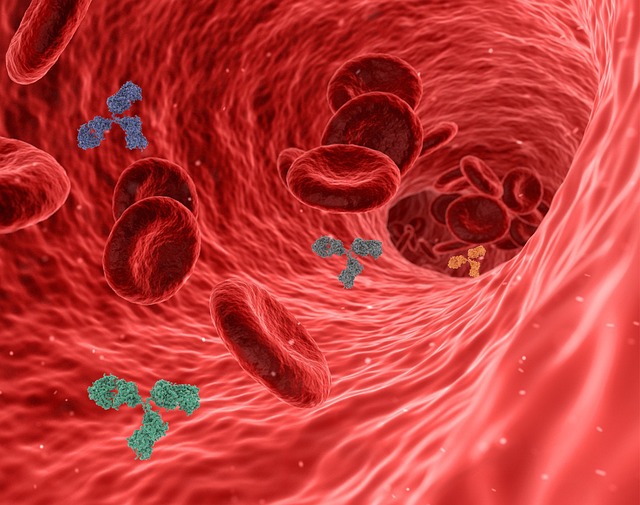Regular cholesterol blood tests (Cholesterol blood test) are essential preventive measures for managing cardiovascular health. A fast, easy test takes a small blood sample for LDL (bad) and HDL (good) cholesterol analysis, with results available within days thanks to advanced lab processes and technology. Quick turnaround times empower individuals to make timely lifestyle adjustments or seek medical interventions, significantly reducing heart disease and stroke risks.
“Discover the simplicity of modern healthcare with our guide to fast and easy cholesterol blood tests. Understanding cholesterol levels is crucial for maintaining optimal health, as these readings provide insight into heart health risks. This article demystifies the process, from initial consultation to swift results. We explore why regular testing is essential and how quick turnaround times benefit patients. By understanding your cholesterol numbers, you can take control of your health effectively.”
- Understanding Cholesterol and Why Testing is Essential
- Fast and Easy Cholesterol Blood Test Process Explained
- Quick Turnaround Times: Benefits and How They Work
Understanding Cholesterol and Why Testing is Essential
Cholesterol, often overlooked, is a waxy substance found in our bodies that plays a crucial role in maintaining overall health. It’s essential for building and repairing cell membranes, producing hormones, and synthesizing vitamin D. However, high cholesterol levels, particularly LDL (low-density lipoprotein) cholesterol, can lead to health issues such as heart disease and stroke. This is where regular cholesterol blood tests come into play.
Testing cholesterol levels is an essential preventive measure because it allows individuals to take control of their cardiovascular health. By understanding their cholesterol profile, people can make informed decisions about lifestyle changes or medical interventions. Early detection through fast and easy cholesterol blood tests enables prompt action, potentially reducing the risk of developing serious health conditions associated with high cholesterol.
Fast and Easy Cholesterol Blood Test Process Explained
A fast and easy cholesterol blood test is a simple procedure that involves drawing a small sample of your blood to check for levels of low-density lipoprotein (LDL) cholesterol, often referred to as ‘bad’ cholesterol, and high-density lipoprotein (HDL) cholesterol, known as ‘good’ cholesterol. The process typically takes just a few minutes and can be performed at most medical facilities or even in some pharmacies.
During the test, a healthcare provider will clean your arm with antiseptic and insert a needle to draw blood from a vein. The sample is then sent to a lab for analysis, where specialized equipment measures the cholesterol levels. Results are usually available within a few days, offering valuable insights into your cardiovascular health. This quick turnaround time is one of the significant advantages of this routine check-up, allowing individuals to take prompt action towards managing their cholesterol levels effectively.
Quick Turnaround Times: Benefits and How They Work
Quick turnaround times for cholesterol blood tests offer numerous benefits, making them a game-changer in managing cardiovascular health. In today’s fast-paced world, instant results can provide peace of mind or prompt action, which is crucial when dealing with cholesterol levels. These tests deliver accurate readings in just a few days, significantly reducing the waiting period compared to traditional methods.
This efficiency is made possible through advanced laboratory processes and innovative technologies. Automated systems and digital data management ensure that samples are processed swiftly, minimizing delays. As a result, individuals can receive their results promptly, enabling them to make informed decisions about their diet, lifestyle, or medical treatments to manage cholesterol effectively.
A fast and easy cholesterol blood test, with its quick turnaround times, is a powerful tool in managing your health. By understanding your cholesterol levels, you can take proactive steps to improve them, thus reducing the risk of heart disease and other cardiovascular issues. This simple process empowers individuals to navigate their health journey with confidence, knowing that prompt results enable timely interventions for better overall well-being.
